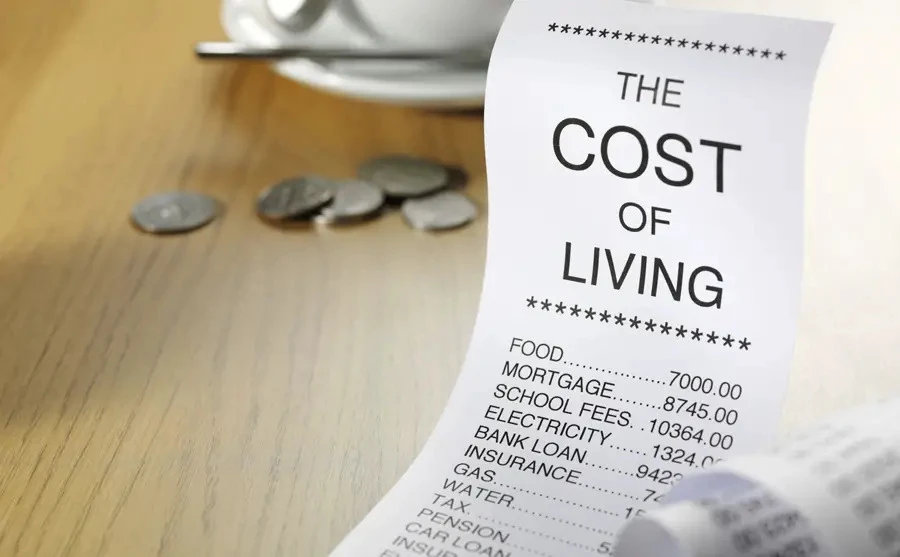Being single today is less a description of your relationship status and more an economic state.
Of course, being single was never easy: couples can split deposits, rent, insurance, energy bills and more. It is cheaper to do the food shop for two than it is for one, cheaper to share a car and split the cost of filling the tank, cheaper to share one internet bill and streaming account. It has been estimated that people who live alone need to spend almost 10% more of their disposable income than two-person households. But in a cost of living crisis, that delta becomes enormous, and the single remain invisible to policymakers.
In North America, if you are not a family, then whatever politicians have to offer is not for you.
In North America, where “many of Canadian’s and American's hard-working families are at breaking point”, all politicians are telling you that they are working for a “future where families come first”. It is not a matter of numbers: singles are not being ignored because there simply are not that many of them to matter electorally. Millions people are living alone with millions of others in shared accommodation. And yet they are absent from the political rhetoric and major policy discussions about alleviating pain for “typical households”, families struggling with childcare costs and mortgages. After all, it is often single people at the sharp end of the increasingly unhinged private rental market, with singles half as likely to get on the housing ladder than 30 years ago. The problem is that single people do not evoke the right sort of image of citizens who the government should be dedicating itself to. Their state of singledom, especially in a time of economic crisis, implies a state not of suffering but of freedom, maybe even indulgence. There is a sort of permanent ambient prejudice towards the child-free and the uncoupled, as if their life choices are self-indulgent and immature. This despite the fact that the majority of people who live alone are over 45.
The stereotype is of a freewheeling young cohort, but the truth is that there is less leisure time and less “choice” than ever in being single. Higher costs of living and housing wipe out disposable income, foreclose the possibility of owning a home, and force people who can to take on second jobs or freelance shifts. Socialising has become something of a luxury for many people, but for singles opting out, it brings the extra charge of loneliness and isolation. Single people’s invisibility is part of a larger, longer shift in politics towards proving that government is only there for people who deserve support. Families are more deserving than singles, and “working people” are more deserving than people who aren’t in work, cannot work due to disability or illness, or do care work that is unrecognised and unpaid.
After a financial crisis, years of austerity, the pandemic and a cost of living crisis, the rhetoric remains unchanged.
This is despite the fact that the Canada and the united States are now a place where economic circumstances and Conservative policy have made it far harder to start a family, with all the costs it entails. Because the worst sin of all is to appear to help someone who has been made unpopular in the public mind: single people, immigrants, unemployed people, disabled people. The second worst sin is to dare to think of spending to reverse the damage that has brought all but the most privileged “to breaking point”. And so claiming to come up with solutions only for deserving hard workers and families becomes an alibi for this political dereliction.
It is little consolation, but if you are single and struggling and feeling erased, remember this: soon, the way it is going, those “hard-working families” will probably be hung out to dry too.
J.Michael Dennis

